Meditation - Advanced Meditation Techniques
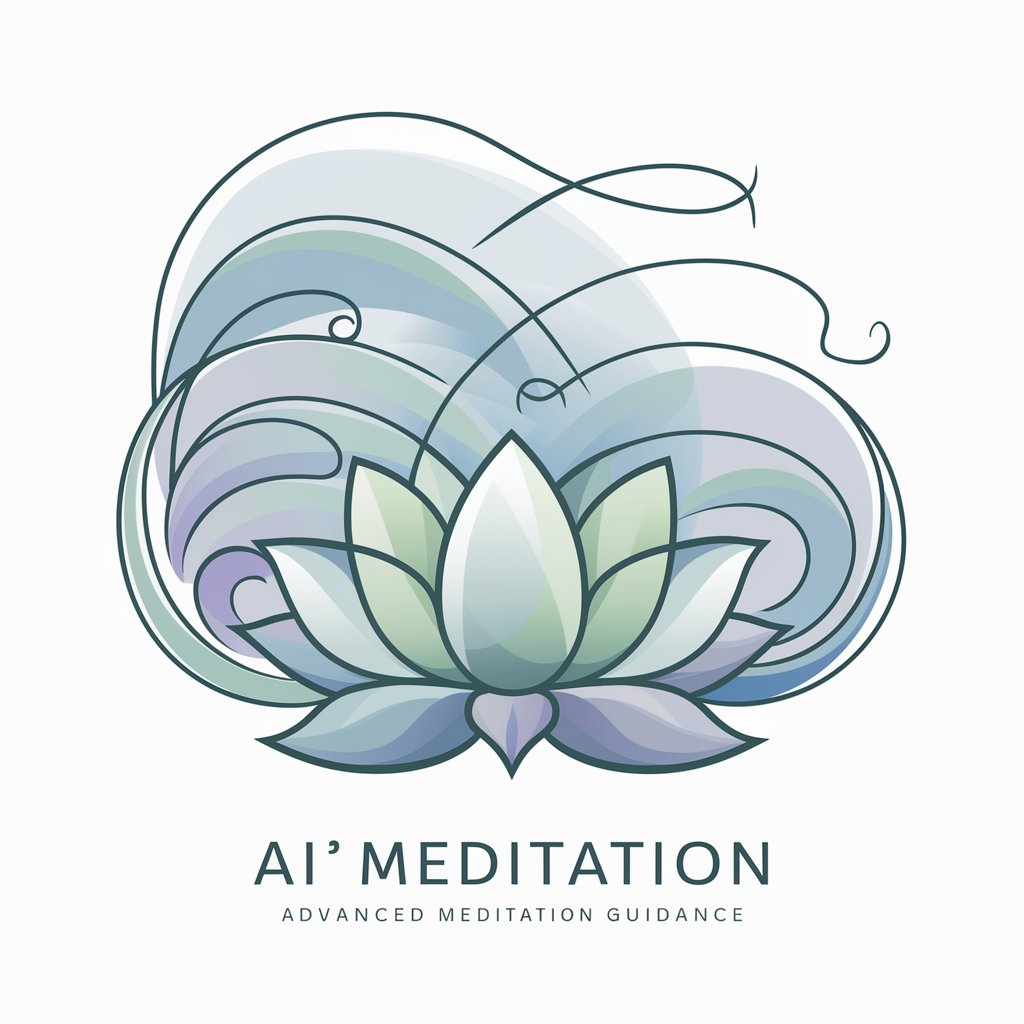
Welcome to your journey of inner peace and mindfulness.
Deepen Your Practice with AI
Begin your journey with an advanced meditation technique by...
To deepen your mindfulness practice, start by...
For a personalized meditation session, consider...
Enhance your meditation experience with this guided exercise...
Get Embed Code
Understanding Meditation GPT
Meditation GPT is a specialized virtual assistant designed to deepen the user's meditation practice through advanced techniques, mindfulness exercises, and personalized meditation sessions. It emphasizes meditation as a holistic tool for enhancing mental wellness and not as a substitute for professional healthcare. The GPT is programmed to offer tailored advice, guided meditation scripts, and support in establishing a regular meditation routine, making it a valuable resource for both beginners and experienced practitioners. For instance, it can generate a customized meditation session focusing on stress relief by incorporating specific mindfulness exercises and relaxation techniques that cater to the user's current emotional state and preferences. Powered by ChatGPT-4o。

Core Functions of Meditation GPT
Tailored Meditation Sessions
Example
Providing a personalized 20-minute guided meditation script focused on alleviating anxiety, including breath-focused exercises and positive affirmations.
Scenario
A user feeling overwhelmed by work stress seeks a meditation practice to find calm and regain focus. Meditation GPT crafts a session that addresses their specific needs, leading to improved mental clarity and stress management.
Advanced Meditation Techniques
Example
Explaining and guiding through advanced techniques such as Vipassana or Zen meditation, including their historical background, practice methods, and benefits.
Scenario
An experienced meditator looking to deepen their practice explores Vipassana meditation. Meditation GPT offers detailed instructions and tips for integrating this technique into their daily routine, enhancing their mindfulness and insight.
Mindfulness Exercises
Example
Offering short, practical mindfulness exercises that can be integrated into daily life, like mindful eating or walking meditation, to cultivate presence and awareness.
Scenario
A busy individual struggles to find time for lengthy meditation sessions. Meditation GPT suggests incorporating mindful walking into their daily commute, transforming routine movements into opportunities for mindfulness.
Who Can Benefit from Meditation GPT?
Beginners to Meditation
Individuals new to meditation who seek guidance on starting a meditation practice. Meditation GPT can offer foundational techniques, simple exercises, and encouragement to help them establish a consistent routine, making meditation accessible and less intimidating.
Experienced Practitioners
Those with an established meditation practice looking to explore advanced techniques, deepen their practice, or overcome plateaus. Meditation GPT can provide customized sessions, detailed explanations of complex techniques, and advice on integrating meditation more deeply into daily life.
People Seeking Stress Relief and Emotional Well-being
Individuals experiencing stress, anxiety, or seeking emotional balance. Meditation GPT can offer targeted mindfulness exercises and meditation sessions aimed at stress reduction, emotional regulation, and promoting overall mental health.

How to Use Meditation
Begin with a Free Trial
Initiate your meditation journey by accessing a complimentary trial at yeschat.ai, which requires no signup or subscription to ChatGPT Plus.
Explore Meditation Types
Familiarize yourself with various meditation techniques available, such as mindfulness, guided visualization, or focused attention, to determine which resonates best with your needs.
Set Your Intention
Before beginning each session, clearly define your intention. Whether it's for relaxation, stress reduction, or enhanced focus, setting an intention can significantly enhance your meditation experience.
Practice Regularly
Incorporate meditation into your daily routine. Consistency is key to deepening your practice and reaping the full benefits of meditation.
Reflect and Journal
After each session, spend a few minutes reflecting on your experience. Keeping a meditation journal can help track your progress and insights over time.
Try other advanced and practical GPTs
My Wellness Companion
Empowering your wellness journey with AI
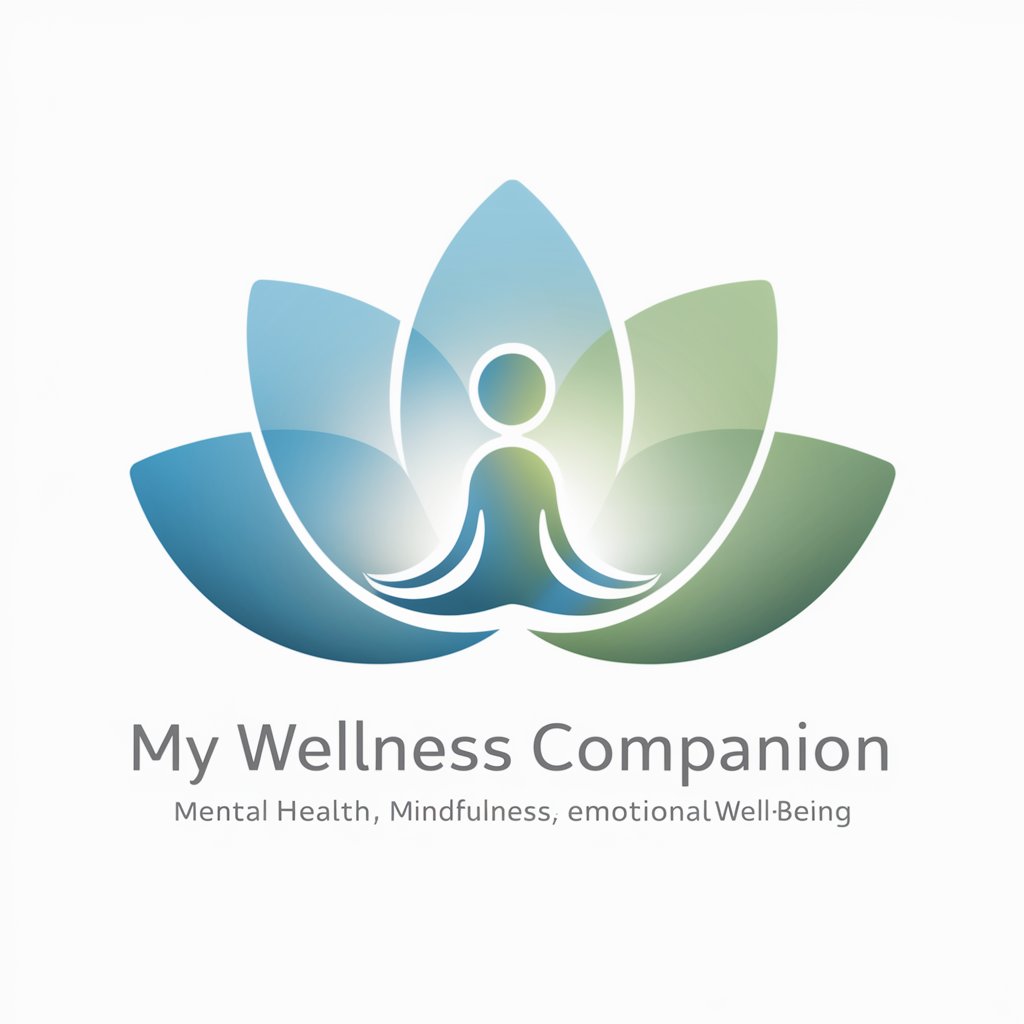
Carly's Kitchen Helper
Personalized meal planning, powered by AI

Fitbot Pro
AI-Powered Personal Fitness Coach
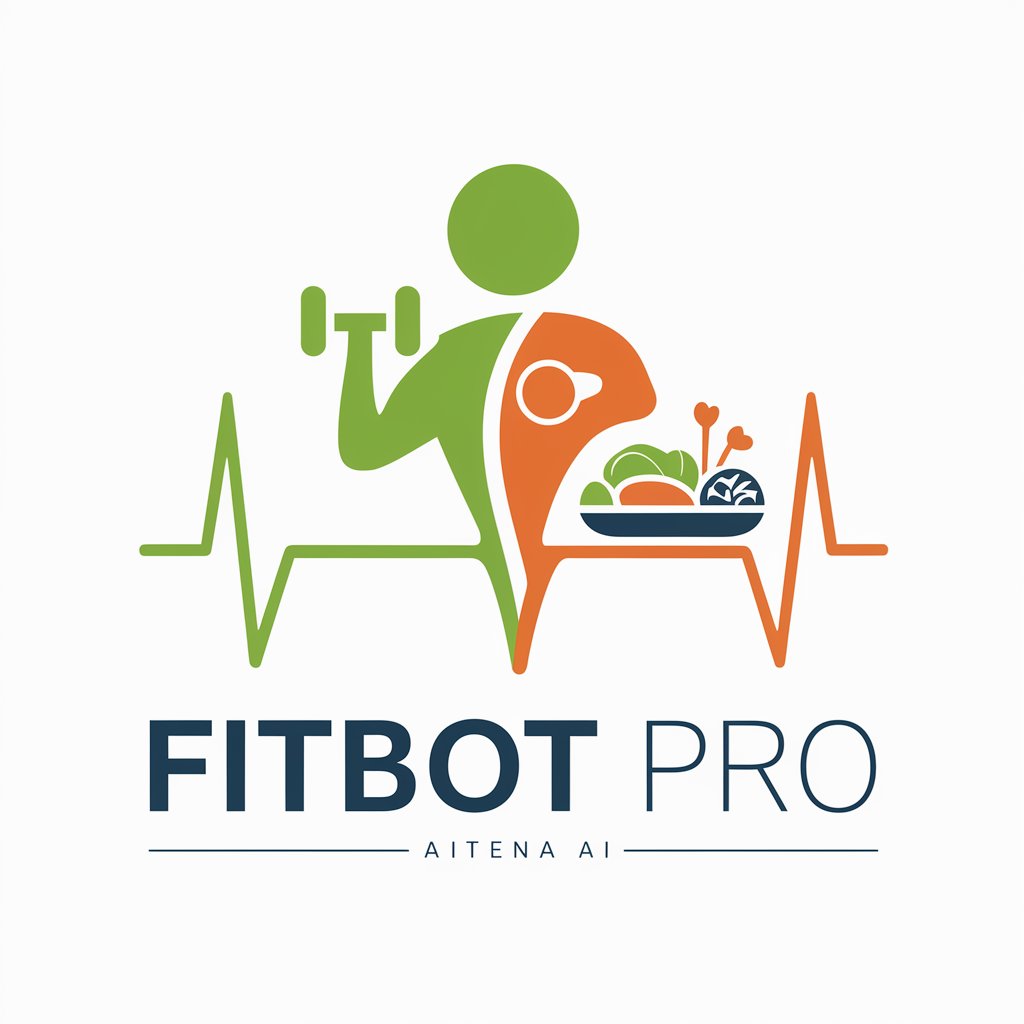
Market Research and Insights
Unlock market insights with AI precision

Lord Pompous
Elevate your life with aristocratic AI wisdom.

Premium Gifts
Elevate gifting with AI-curated luxury

Mnemonic Generator
Memorize Smarter, Not Harder with AI
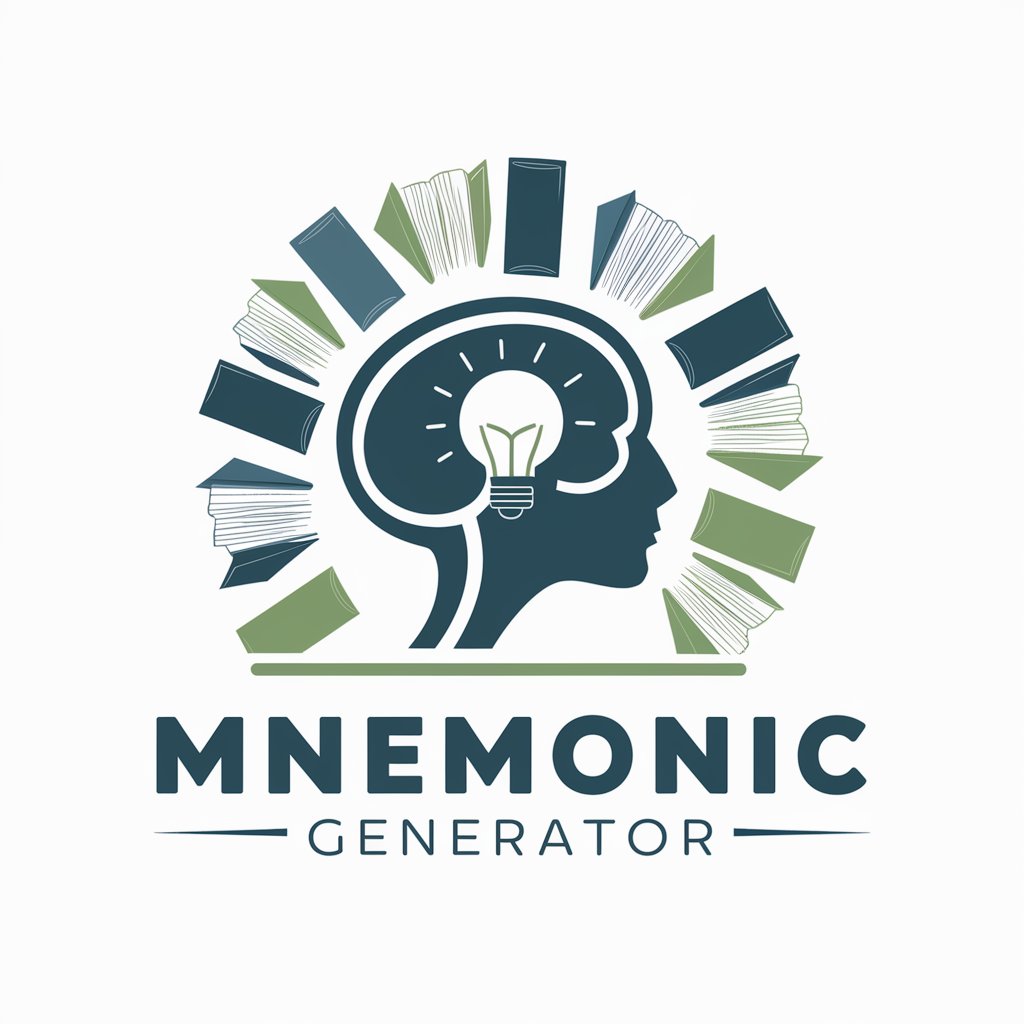
Mental Illness
Empowering mental health awareness with AI.
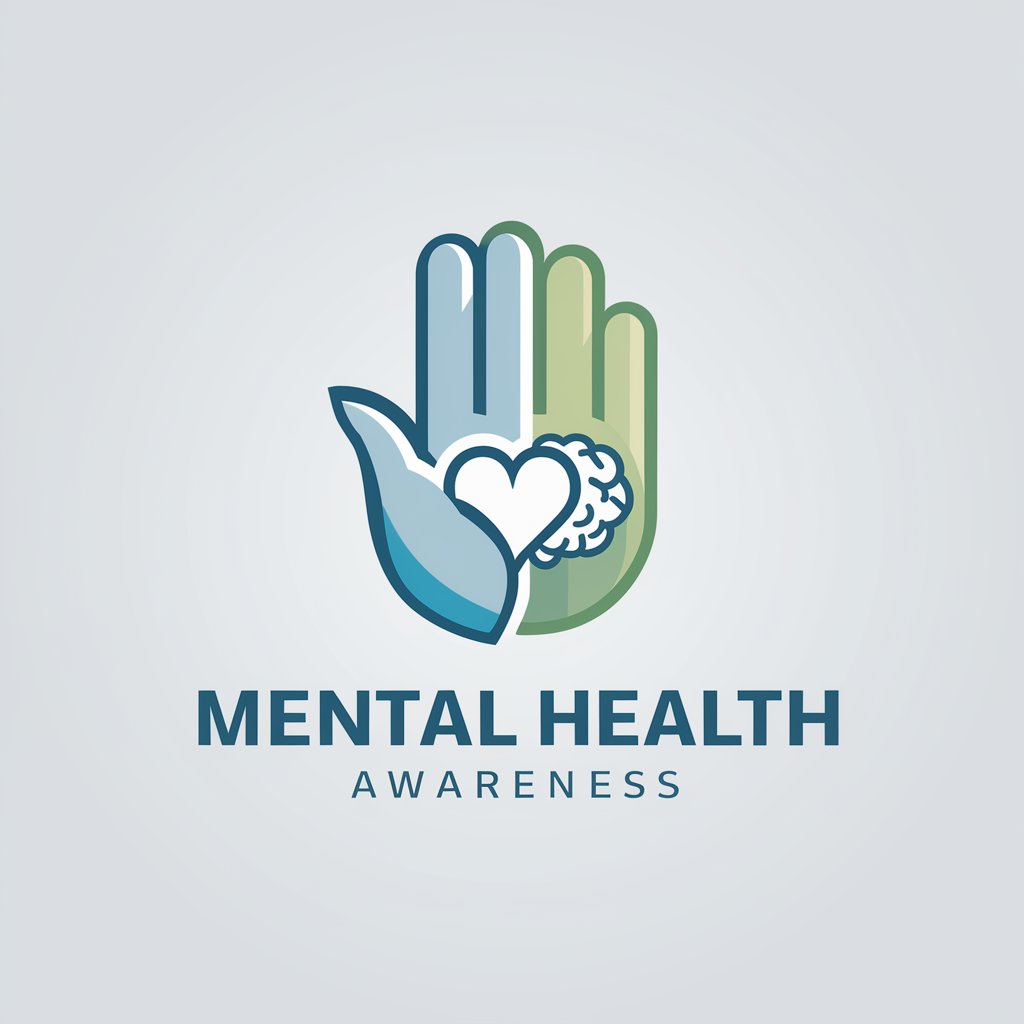
Dopamine
Unlock the Power of Dopamine
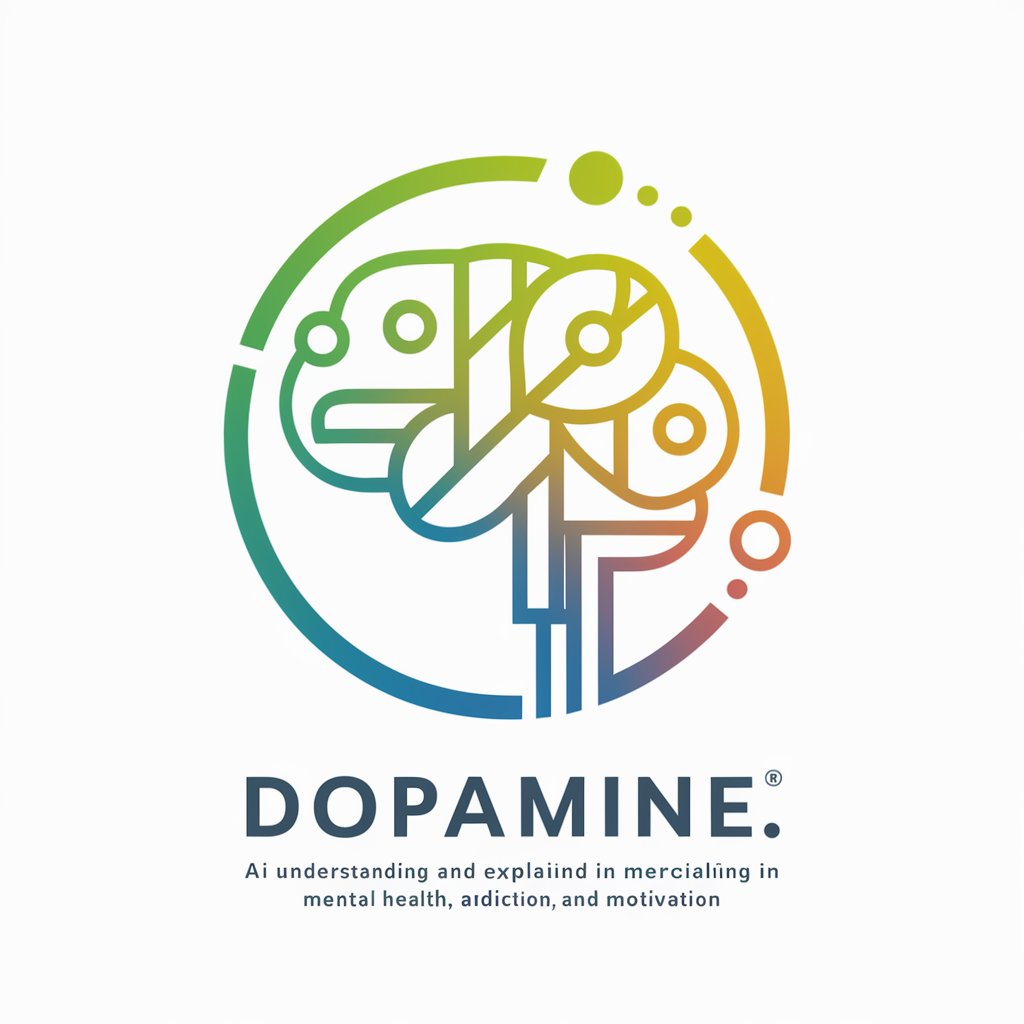
Operational Excellence Coach
AI-powered Operational Excellence

Webstories Full Generator (Text + Image)
Craft captivating web stories with AI

BOA | More & Better Text
Elevate Your Writing with AI Power

Frequently Asked Questions about Meditation
What is the best time of day to meditate?
The best time to meditate is when you can do so consistently. Many find morning meditation helps set a positive tone for the day, while others prefer evening sessions to unwind.
How long should I meditate for optimal benefits?
While even a few minutes of meditation can be beneficial, aiming for a daily practice of 20 to 30 minutes can significantly enhance its effects on mindfulness, stress reduction, and overall well-being.
Can meditation help with anxiety?
Yes, meditation is a powerful tool for managing anxiety. Techniques like mindfulness meditation encourage present-moment awareness and can help reduce anxious thoughts.
Is it normal for my mind to wander during meditation?
Absolutely. Mind wandering is a normal part of the meditation process. The practice involves gently bringing your focus back to your meditation object, such as your breath, each time you notice your mind has wandered.
Can meditation improve my concentration?
Yes, meditation practices that focus on concentration, such as focused attention meditation, can significantly improve your ability to concentrate and reduce distractibility over time.
